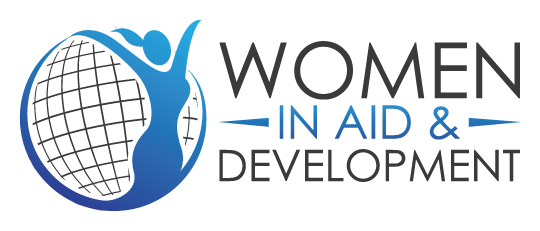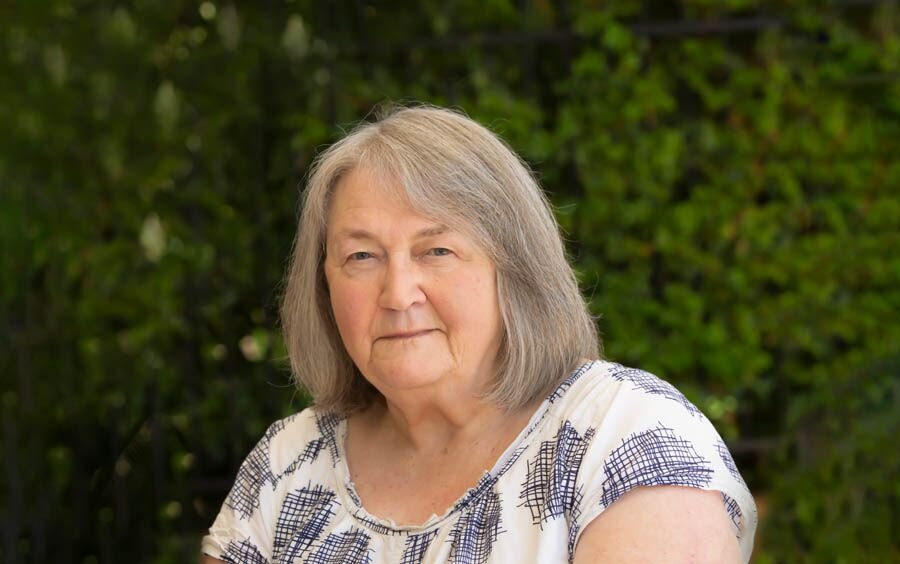Peacebuilding is the guiding principle of international intervention with the objective of conflict prevention and/or resolution activities performed by either the UN, other international organisations, or groups and individuals at a community level. It aims to establish a self-sustaining peace that encompasses more than just an absence of violence or a return to armed conflict. It is a multifaceted project that involves implementing a range of reconstruction and reform efforts in countries with some of the most fragile, fluid, and unpredictable political environments.
Peacebuilding requires effort from political, legal, economic, social and cultural institutions and security practices which are complementary and mutually reinforcing. However, the transition from armed violence to lasting peace for all is neither easy nor the aim of all local groups.
Australia has been actively involved in peacebuilding for over 75 years, through NGO programs, managing contractor activity and military and police support of multilateral peace and security operations, including to the Solomon Islands, Timor-Leste and Bougainville, Papua New Guinea and Commonwealth missions in Zimbabwe, Uganda and Afghanistan.
Hear from speakers with first-hand experience in Peacebuilding at our May networking events and bring a colleague to find out more about what working in this challenging and life-changing area of the development sector entails.
Speakers
Barbara O’Dwyer
Barbara O’Dwyer has a Masters in Peace Studies from the University of New England. She spent 27 years working in AusAID on Pacific Island programs, and on UN and Humanitarian/Peace and Conflict programs, specialising in gender and peacebuilding, violence against women, particularly violence against women in conflict situations, reproductive health in crisis situations and civil-military relations. Immediately prior to her retirement from AusAID, she was the Gender Adviser. Since then she has carried out a number of consultancies focusing on the gender dimensions of crisis situations. She was an Adjunct Professional Associate in the Department of International Relations at the University of Canberra (UC) from 2010-2015.
From 2009-2017, she was the President of the Women’s International League for Peace and Freedom (WILPF) Australia and was the convenor of WILPF’s National Working Group on UN Security Council Resolution 1325. WILPF is the longest-surviving women’s peace organisation in the world (begun in 1915) focussing on gender, militarism, peace and security. From 2002 Barbara played an active role in advocating for and instigating the development of the Australian National Action Plan on Women, Peace and Security (NAP) (WILPF has been acknowledged by the Government as the driving force behind the NAP).
Barbara organised the Australia-wide NGO Forum on UNSCR1325 in February 2013, ultimately leading to the foundation of the Australian Civil Society Coalition on Women, Peace and Security which she chaired for 2 years. She was a member of the four-person steering committee (ACFID, WILPF, UN Women and the ANU Gender Institute) that organised and co-hosted the Annual Civil Society Dialogue on Women, Peace and Security bringing together Government and civil society representatives each year of the 6 year period of the NAP to report on its implementation. She is a member of the working group currently organising the next round of Civil Society Dialogues on Women, Peace and Security on the second NAP.
Jules L Frost
Jules is the Civil Society Engagement Adviser of the Australian Civil-Military Centre where she contributes to the advancement of national capabilities to prevent, prepare for and respond more effectively to humanitarian crises through advancements in civil-military-police engagement. An executive with over 25 years of international experience in humanitarian contexts, Jules arrived in Canberra 2 years ago from Switzerland where she was based for nearly 10 years working with organizations including World Vision, Medair, and the CHS Alliance.
During her extensive career with World Vision, she became a leading authority on civil-military-police relations. By developing strong relations with the UN, NATO and other armed forces, Jules pioneered joint-training relationships and developed operational guidelines that have had a major influence across the humanitarian and military sectors.
She has held key operational roles with portfolios in some of the most difficult and challenging contexts in East & Southern Africa, the Middle East, Eastern Europe and the Asian Tsunami Response while Director for Humanitarian and Emergency Affairs, World Vision USA. She later served as the Head of Innovative Partnerships in Australia.
Jules is a volunteer member of the ACT International Humanitarian Law Committee and has recently joined Hagar Australia as a non-executive board director. As part of this role, she is developing the board’s programme committee.
Jules has a Master of Arts degree from American University in International Communications and Development and a Bachelor of Arts degree in Public Relations from Pepperdine University.
Susan Hutchinson
Susan is a civil-military professional with experience in government, military and non-government organisations. She specialises in gender and conflict and is currently a PhD scholar at the Australian National University. Susan is the architect of the Prosecute; don't perpetrate campaign calling for the investigation and prosecution of war crimes, crimes against humanity, and genocide perpetrated by the Islamic State. She is also the Executive Director of Azadi-e Zan, an NGO dedicated to helping Afghan women's rights defenders escape the Taliban.



